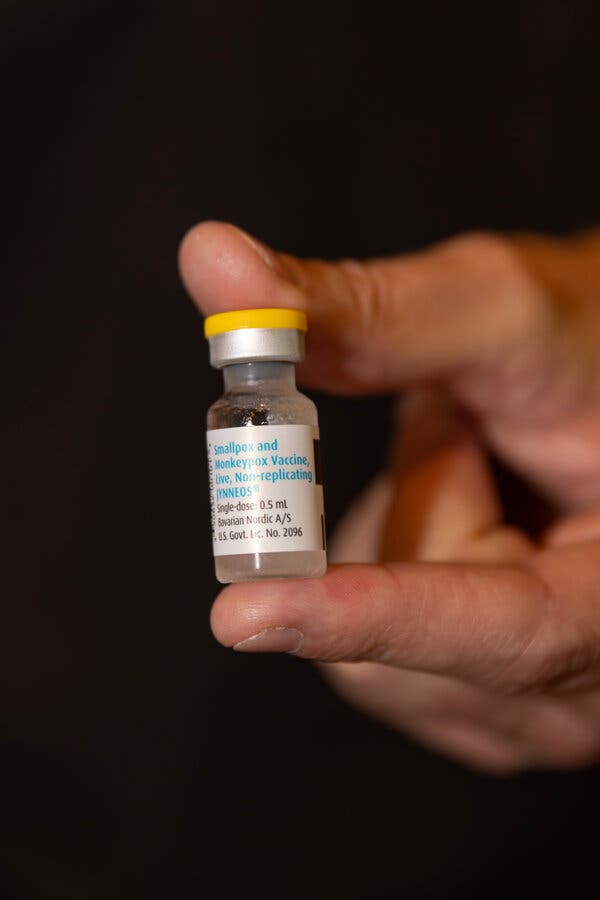A newly identified strain of mpox, known as Clade 1, has emerged in three residents of California who had not traveled internationally. This marks the first documented spread of this more virulent strain within the United States, raising concerns among health officials. According to health authorities, Clade 1 has caused significant outbreaks in central and eastern Africa, resulting in tens of thousands of infections and hundreds of fatalities.
In contrast, Clade 2, which was responsible for a widespread outbreak in the U.S. in 2022, caused approximately 30,000 cases but typically results in less severe illness. Although Clade 2 remains present in the U.S. at low levels, health officials have noted a recent uptick in infections across various cities since the summer.
As of now, Los Angeles County has reported a total of 118 mpox cases in 2024, a notable increase from zero cases reported in the previous year. The three California patients—one from Long Beach and two from Los Angeles—were hospitalized due to their condition but are now recovering at home in isolation. Health officials have not established any links between the cases, which adds to their urgency in addressing potential community spread.
Dr. Kelly Johnson, an infectious disease specialist at the University of California, San Francisco, emphasized the need for vigilance regarding the new strain. While she assessed that the risk of infection remains low for most individuals, she urged particular caution for those with weakened immune systems and for men who have sex with men. “My concern is that person-to-person, community spread could be ongoing,” she stated.
Both strains of mpox can be transmitted through intimate contact, including within households or by sharing personal items. Symptoms typically start with flu-like signs, which then progress to a rash and painful lesions. Health experts stress the importance of monitoring symptoms and seeking medical advice if necessary.
As California health officials continue to investigate these cases, they are urging the public to remain aware of the potential risks associated with mpox. The emergence of Clade 1 in the U.S. signifies a critical moment for public health efforts, particularly in understanding how to prevent further transmission of this severe strain.
